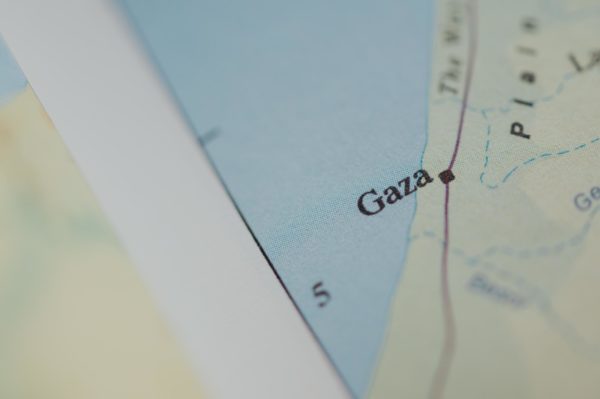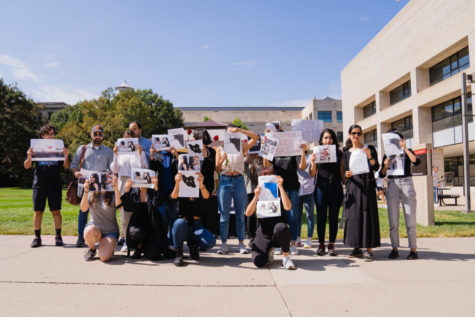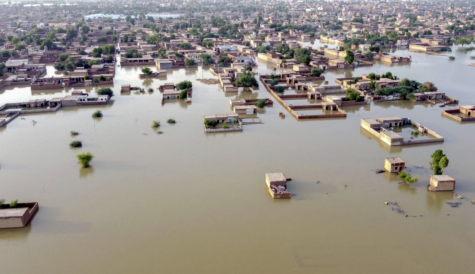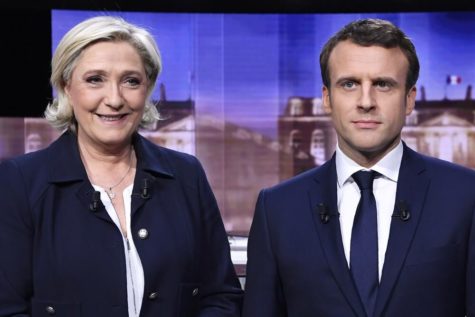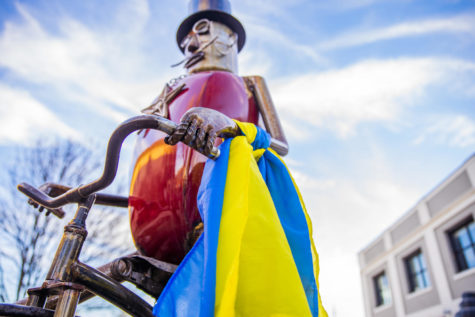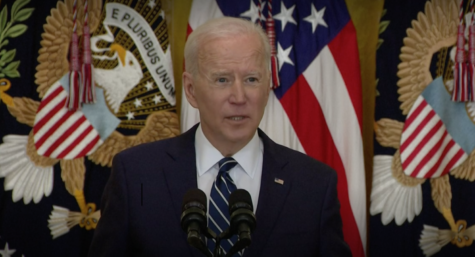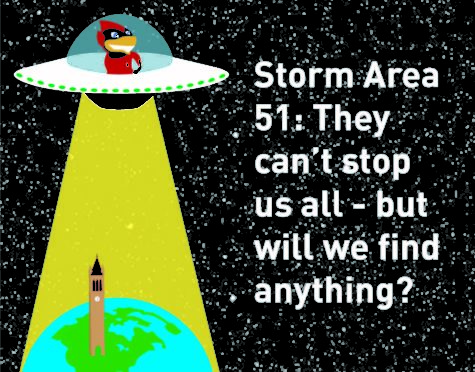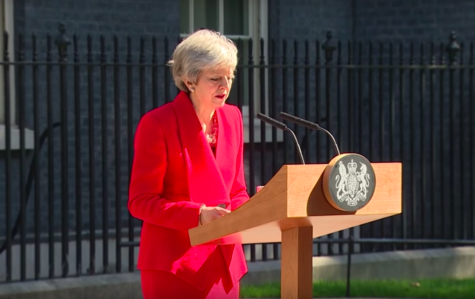Bulgarian bus bombing the work of suicide bomber, minister says
July 19, 2012
A bus bombing which claimed the lives of five Israeli tourists in Bulgaria was likely carried out by a male suicide attacker with a fake Michigan driver’s license, Bulgaria’s interior minister said Thursday.
Israel was quick to point the finger at Iran or an Islamist militant group over the attack, which occurred Wednesday in a parking lot outside Burgas Airport in Bulgaria. Tensions between Israelis and Tehran have been escalating in recent months.
But the Iranian embassy in the Bulgarian capital, Sofia, dismissed Israeli suggestions that Tehran was involved as “unsubstantiated” and said the claim was politically motivated.
The Bulgarian bus driver and the suspected suicide bomber also died in the blast.
The identity of the man thought to have put a backpack bomb on the bus remains a mystery, but he carried a fake U.S. driver’s license from Michigan, Bulgarian Interior Minister Tsvetan Tsvetanov said.
Tsvetanov said that the suspect — who was casually dressed and appeared relaxed — didn’t stand out from other tourists on video footage from the airport.
Fingerprints are being checked and investigators are at the scene of the attack, he said, with the goal of collecting all the evidence and reopening the airport by Thursday evening local time.
Meanwhile, a plane carrying 33 Israelis injured in the blast arrived back in Tel Aviv on Thursday, just a day after those aboard left the city for what should have been a relaxing beach holiday.
Maj. Gen. Dr. Itzik Kreis of the Israel Defense Forces told reporters gathered at the airport that most of those on the plane were in better condition than expected. However, there also were several badly injured victims and one in critical condition, he said.
Three seriously injured Israelis remain in a Sofia hospital, but military medical experts are assessing whether they may be brought home later Thursday.
“I hope that within the next 24 hours will have all the dead and injured home,” he said. “It’s sometimes uncomfortable to be an Israeli, but when a country within 24 hours can bring home all her injured, all her dead, from anywhere in the world, it makes it a bit easier.”
Defense Minister Ehud Barak warned of consequences for those responsible.
“The injured are on their way home in air force planes, with them unfortunately are also the coffins. We are summing up a tough attack, the war against terror continues in full force,” he said.
“We will find those who executed this attack and those who sent them. The Hezbollah and behind it Iran, will not be cleaned of this.”
Bulgaria, whose Black Sea coast is a popular destination for Israelis, has not speculated on who might be behind the deadly attack.
But Tsvetanov sought to reassure those alarmed by the attack.
“I can assure you that we’re doing all we can to strengthen security in all the areas where it might be necessary to do so,” he said on Bulgarian station TV7.
The Iranian embassy statement said Iran condemns all terror attacks as unacceptable.
“Iran and Bulgaria are friends, and they follow their relationship on the basis of mutual respect and interests. The rotten tricks of the enemies can never shake the stability of this friendship,” the statement said.
Bulgarian authorities believe that the suspect was carrying the bomb in a backpack, which he placed in the luggage compartment underneath the bus, Tsvetanov said. The bus was scheduled to carry about 47 passengers to a resort.
Security footage aired by Bulgarian National TV shows the suspect, who is white, has long hair and is wearing short khaki pants, a baseball cap and sneakers, looking relaxed as he walks around among other travelers, carrying his backpack and a smaller bag.
Bulgarian and Israeli officials confirmed the dead are five Israelis, a Bulgarian bus driver and the suicide bomber.
Tsvetanov had earlier said another person died from the blast overnight, taking the death toll to eight, but he subsequently said that information had been given to him in error by the Israeli ambassador.
Bulgarian Foreign Minister Nikolai Mladenov said the government had called on the U.N. Security Council to issue a condemnation of the attack. Bulgaria is grateful for the statements of support it received from its allies through the night, he said.
Israel’s Barak said Wednesday that the bombing was “clearly a terrorist attack.”
The attack was probably initiated by a group under the auspices of “either Iran or other radical Muslim groups,” according to Barak, who again cited Hezbollah and Hamas as likely suspects.
Netanyahu also pointed to Iran, saying it has been behind recent attempted attacks on Israelis in Thailand, India and Georgia, among others. Key Israeli politicians pointed to Iran as the likely instigator, but Israel’s U.S. Embassy acknowledged there was no proof.
Security expert Ivan Boyadjiev told Bulgarian National TV that Israel had warned several months ago of the possibility of an attack on Israelis in Bulgaria.
Bulgarian President Rosen Plevneliev said he met the head of Mossad, Israel’s intelligence service, about two months ago.
“If we’d received any kind of information about this, it would have been taken very seriously,” he told reporters. “The fact that such an attack was carried out here and now should not be interpreted as to say that Bulgaria is not a safe country for tourists.”
According to the latest U.S. State Department International Religious Freedom Report, released in September, more than eight in 10 of Bulgaria’s population of about 7.6 million are Orthodox Christians, with Muslims making up the largest minority at about 13%. Jews make up less than 5% of the country’s population, the report says.
U.S. President Barack Obama condemned what he called a “barbaric terrorist attack.”
“As Israel has tragically once more been a target of terrorism, the United States reaffirms our unshakeable commitment to Israel’s security, and our deep friendship and solidarity with the Israeli people,” said Obama, who called Netanyahu to express his condolences.
Oren Katz, who was with his wife and three children on a bus near the one that blew up, described a bloody scene.
“The moment we got on (the bus), we heard a very loud explosion. It was the third bus next to us. Everyone started running in all directions,” he said.
The explosion came on the 18th anniversary of an attack on a Jewish community center in the Argentinian capital, Buenos Aires, in which 85 people were killed.
Argentina’s top prosecutor last year blamed Iran for the 1994 attack, which also wounded about 300 people. Israel also holds Iran responsible for the attack; Tehran has denied any connection to the bombing, which it has condemned.
Tension between Iran and Israel has increased over the past year.
Iran hanged a man convicted of killing one of its nuclear scientists, state-run Press TV reported in May.
Majid Jamali Fashi was convicted of the January 2010 killing of an Iranian university professor and a nuclear scientist. He was also convicted of spying. Prosecutors accused him of working for the Mossad and said he was paid $120,000 by Israel to carry out the hit.
Israel typically does not comment on such claims.
Iran’s efforts to build a nuclear program have unnerved many world leaders, resulting in condemnation and sanctions from the United Nations. Tehran insists the program is for peaceful purposes.
Israel, which is believed to have its own nuclear arsenal and has expressed alarm over Tehran’s hostility toward the Jewish state, has said it may attack Iran to try to stop the country from developing nuclear weapons.
— CNN’s Guy Azriel, Paul Colsey, Raja Razek, Boriana Milanova, Stephanie Halasz, Ralitsa Vassileva, Laura Smith-Spark and Jennifer Deaton contributed to this report.






